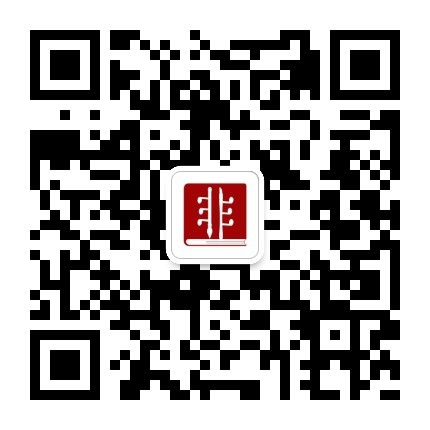【亚洲·叙利亚】艾尔玛拉的大马士革玫瑰相关习俗和手工艺 Practices and craftsmanship associated with the Damascene rose in Al-Mrah(2019年)
2022-03-28 14:30
与大马士革玫瑰相关的实践和工艺主要由大马士革农村Al-Mrah村的农民和家庭实践,他们拥有从大马士革玫瑰中生产精油和传统药物等方面的专业知识,以及组织一年一度的大马士革玫瑰节的村庄社区和家庭。大马士革玫瑰在五月采摘开始,一年一度的节日开始时开始开花。农民和他们的家人在清晨前往田野手工采摘玫瑰,然后在下午回家,这时全家人都在帮助整理晒干的玫瑰花蕾以泡茶。其他的玫瑰花瓣被储存起来,准备蒸馏。村里的妇女们一边唱着当地的曲调,一边互相帮助制作玫瑰糖浆、果酱和糕点。药剂师出售大马士革玫瑰干是因为它有许多药用价值。这个节日吸引了来自周边许多村庄的人们前来参加并享受这种气氛。女人们会献上玫瑰色的菜肴,所有人都会唱一些歌颂玫瑰的民歌和咒语。这个节日证明了该元素对其承载者的不朽文化意义,以及他们对保护该元素的持久承诺。
2019年度列入人类非物质文化遗产名录。
来源:联合国教科文组织亚太地区非物质文化遗产国际培训中心
The practices and craftsmanship associated with the Damascene rose are mainly practised by farmers and families in Al-Mrah village, in rural Damascus, who possess expert knowledge of producing essential oils and traditional medicine from the Damask Rose, among other things, as well as the village community and families who organize the yearly Damascene Rose Festival. The Damascene Rose begins to bloom in May when the picking commences and the annual festival kicks off. Farmers and their families head to the fields in the early morning to handpick the roses and then return home by afternoon, when the whole family helps sort the rose buds that are dried to make tea. The other rose petals are stored and prepared for distillation. The women of the village help each other make rose syrup, jam and pastries as they sing along to local tunes. Apothecaries sell the dried Damascene Rose for its numerous medicinal benefits. The festival attracts people from many surrounding villages who come to take part and enjoy the atmosphere. Rose-infused dishes are presented by women and a collection of folk songs and incantations celebrating the Rose are sung by all. The festival is a testament to the element’s unfading cultural significance for its bearers and their enduring commitment to its safeguarding.
Included in the list of human intangible cultural heritage in 2019.
Source: UNESCO International Training Center for intangible cultural heritage in the Asia Pacific Region

